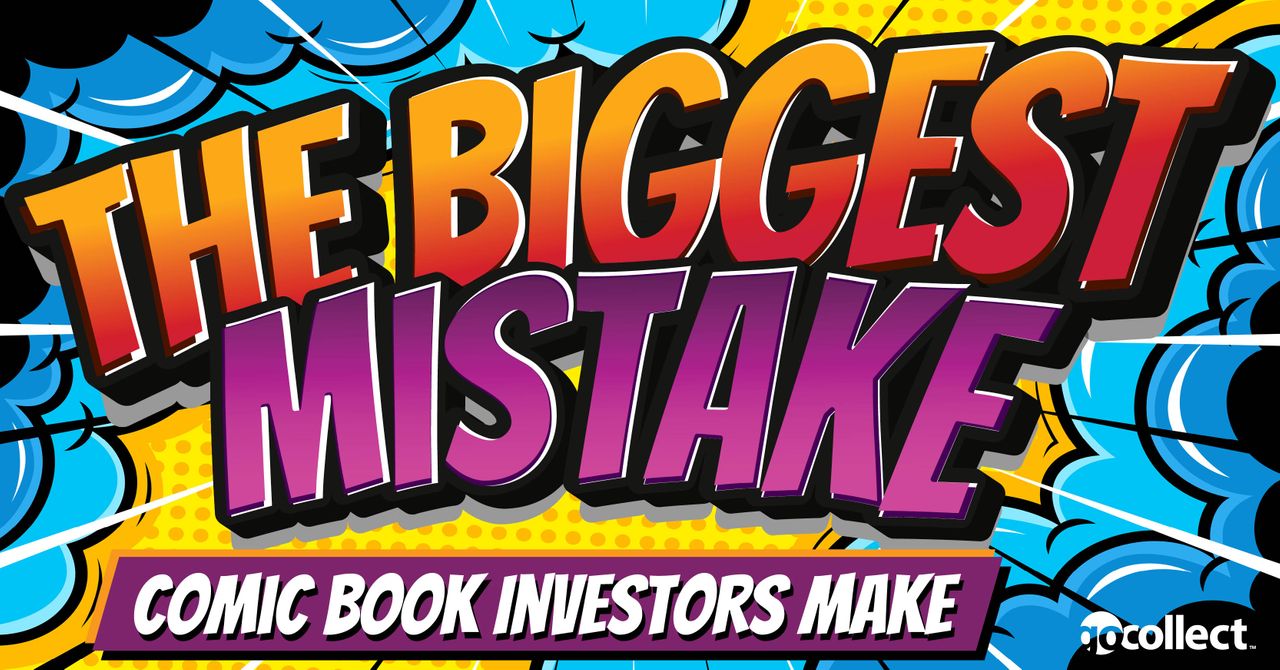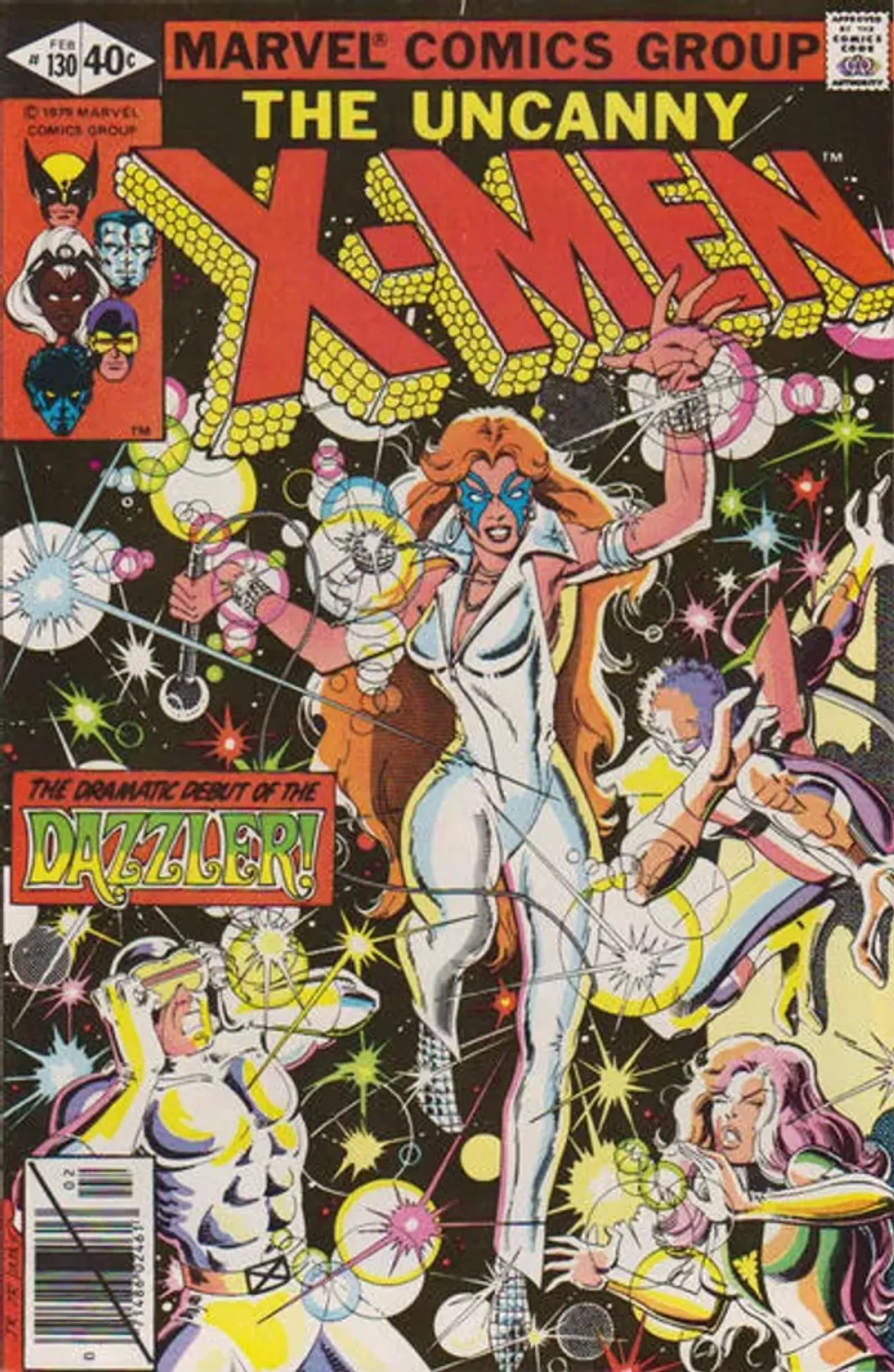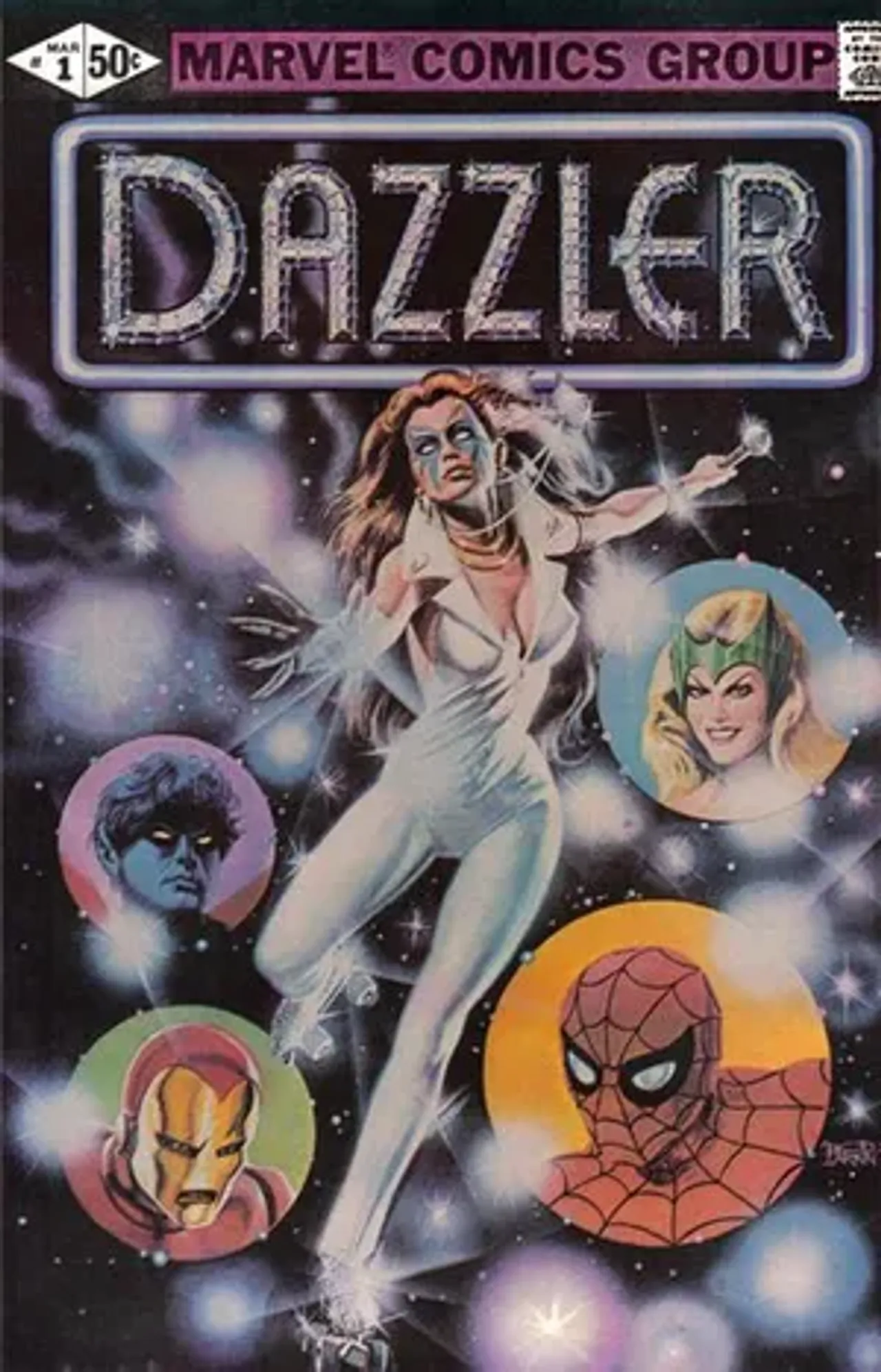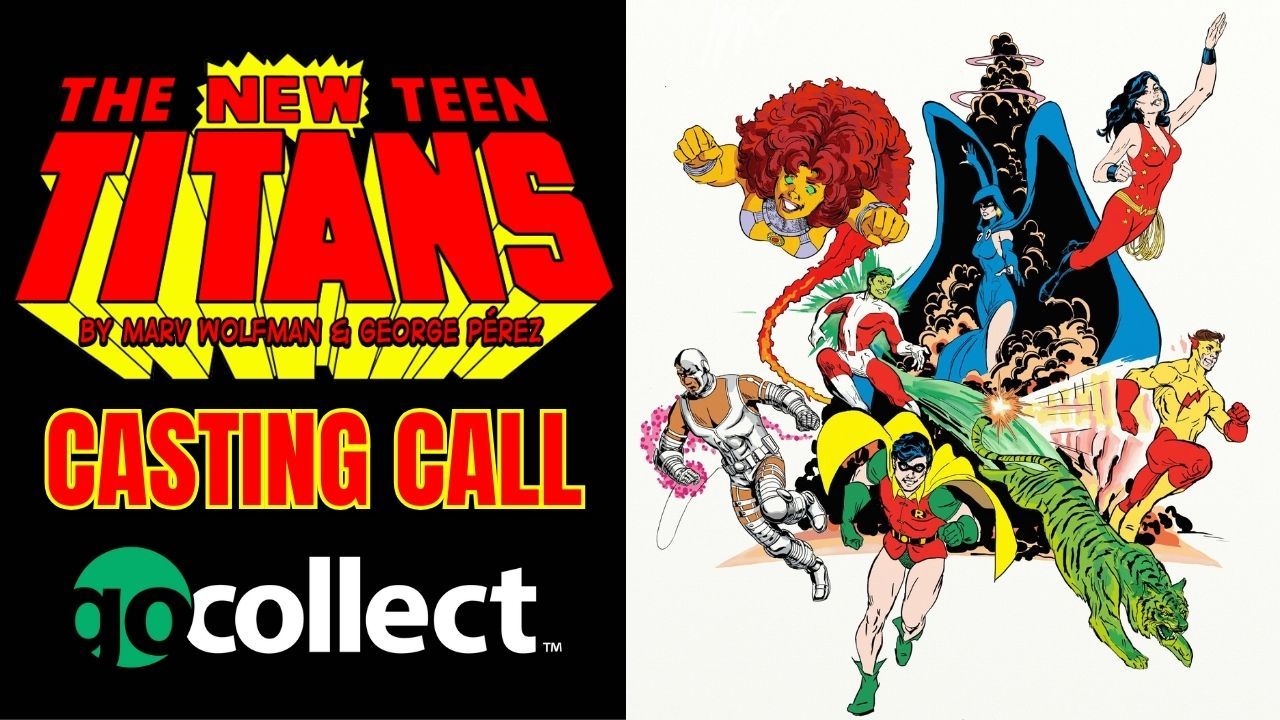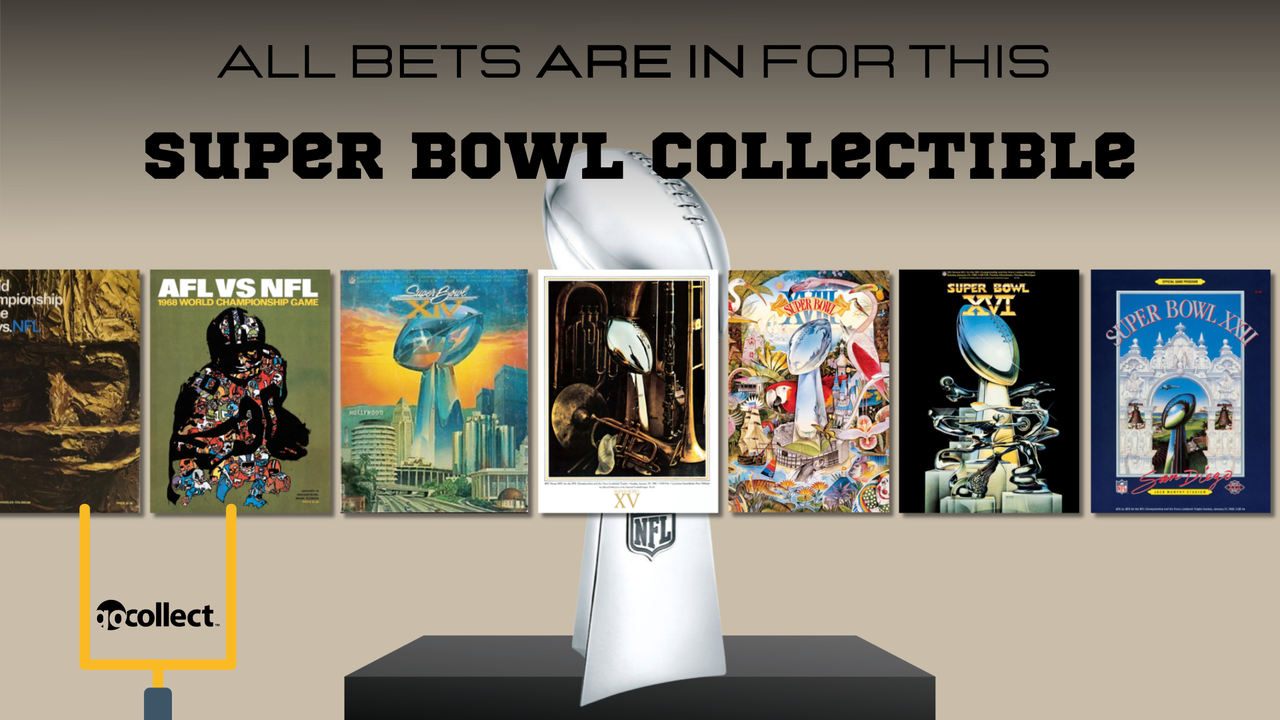Collectors buy what they like. Investors purchase what will make them money. Neither wants to overpay. Sellers should know these buyers. Warren Buffet, Jamie Dimon, Al Capone and any successful business person sees things in consumers that others never see until it is too late. Buying and selling comic books should be no different. There is one mistake that even the most experienced comic book investor constantly seems to make. The irony is that it is the most important factor that every seller should comprehend.
Investors Forgotten Variable
Many sites report hot comic books. These are books hobbyists believe will be hot in the market. Comic book sellers use formulas and previous business models that were once successful to try and predict what will be in demand. Buying these books then will lead to success. The question these individuals always seem to ignore is the more important component in deterring the success of a book. The problem is many of these articles fail to even take in consideration "who" is their target market for these "hot" books. That is a major mistake.
All that Dazzles not Gold
Many people either invested or continue to in invest in Dazzler keys. The reason is the rumor that Taylor Swift will appear in the MCU as Dazzler in Deadpool & Wolverine. The long time friendship between Taylor Swift and Blake Lively along with their appearance together at the Super Bowl only increased this perceived inevitability. The supposed MCU/DC/Independent rule is that a character that appears in movies/television shows usually results in an increase in value of their keys. Swift is a global phenom whose portrayal of Dazzler many believe will make the Dazzler keys increase in value even more than usual. Everything she touches turns to gold so why not Dazzler. Um, huh?
They Buy Her Endorsed Products So...
Everyone knows that Swift fans are extremely loyal to Swift. Her merely mentioning a product can swing markets. This is the assumption that many in the comic book community are making. They ignore the question are Swifties going to go out and spend serious money to buy a comic book that has only a slight connection to their idol? Swifties may purchase items that are endorsed by Swift but that will not translate to them becoming comic book fans in the numbers investors are projecting. Instead, these books are being purchased by collectors who are afraid of the Swift bump and investors with a bad case of FOMO on the Swift craze. Both fear the perceived increase in demand these books will experience once the Swifties invade the comic book markets. Um, huh?
Who > Why
Investors and collectors always ask why a book is hot. Many articles only say the reasons that could make a book hot. These very same articles rarely mention who will be purchasing the books that will increase their demand and value. Books should have a target market when purchased for an investment because eventually the comic has to be sold to make a profit. If articles cannot identify who will want these books it might be wise to ask yourself that question. What collectors and/or investors will want this book. If the answer does not make sense maybe those books are not truly hot. Using an outdated formula is not a viable success predictor anymore.
A Non Existent Target
The key to hitting a target is to know the variables and to take careful aim. How can an investor hope to make a profit on a book if they never identify a target. The comic book market has many different segments. Many dealers treat buyers as a homogeneous group. A 50 year old collector is very different than a 27 year old investor. Their risk tolerance and available funds could greatly differ. Many sellers though treat them as the same person. Investors should be able to distinguish the differences. Collectors should also do this as well. Their buying power evolves over time and they should see those periods for themselves.
Boos from the Chorus
Comic Book hobbyists have been so poorly treated by so many individuals and businesses that most have very thin skinned when it comes to criticism. Many businesses treat the dollars spent on the hobby as small change. Outsiders view collectors and investors as a weird cult. People can get into comic book movies but view comics themselves as an inferior, both as a product and an alternative investment. Any honest critique of the comic book market is met with skepticism or boos from many hobbyists. Criticizing the comic book market or asking questions laced with skepticism is taboo. This is something that is unique only among comic book buyers and sellers. Home buyers can inspect the home on a micro level while analyzing the market on a macro level. A constant assessment of the market is essential in surviving it. Hobbyists have to be more receptive to honest reports rather than cheerleading articles that only provides praise.
The Devil is in the Details
There is so much more data available and yet many seem to only see certain components and ignore others. Comic book investors and collectors must now review the GoCollect data more efficiently than before. An FMV is nice to review but now users should dig deeper. GoCollect provides data that may be ignored by so many but that should not be the case. An eBay buyer is different than a Heritage buyer and the sales results may reveal these distinctions. Knowing those differences is important in identifying the unique buyers in the market. Reviewing sales methods too is very telling. If the sale was a buy it now or auction can be important as well. Buy it now buyers may be trying to get in before a believed run on a book is going to happen while an auction may have a lot of collectors looking to score a deal. A little knowledge can be the difference between a win or loss for both investors and collectors.
What did I Miss, Sum it Up!!!!
The more an investor knows the greater the profit they can make. Collectors can use extra information to make a good buy or avoid a bad beat. Comic book investors know this and review most of the data they can to help them. The problem is that they ignore the greatest factor that will determine success. Others have learned the most important lessons in navigating commercial markets and so should hobbyists.
Learn from the Masters
Buffet knows the needs and purchasing power of consumers in the businesses he invests. Dimon knows his customer base as well and it influences his business decisions. Even Capone knew people and what they wanted, even if it was not legal. He understood the market and that consumers would break the law to fill a desire for his products. The same cannot be said for many comic book investors. They buy books based upon the perceived future interest that will be generated in the books. The one thing they fail to evaluate is who will buy their books. The end consumer is the most important component and yet many never identify who their target buyer will be. How can one ever hope to hit a target if you never know where to aim?
A deal will always wait and a fool will always rush in- Arnold Rothstein
